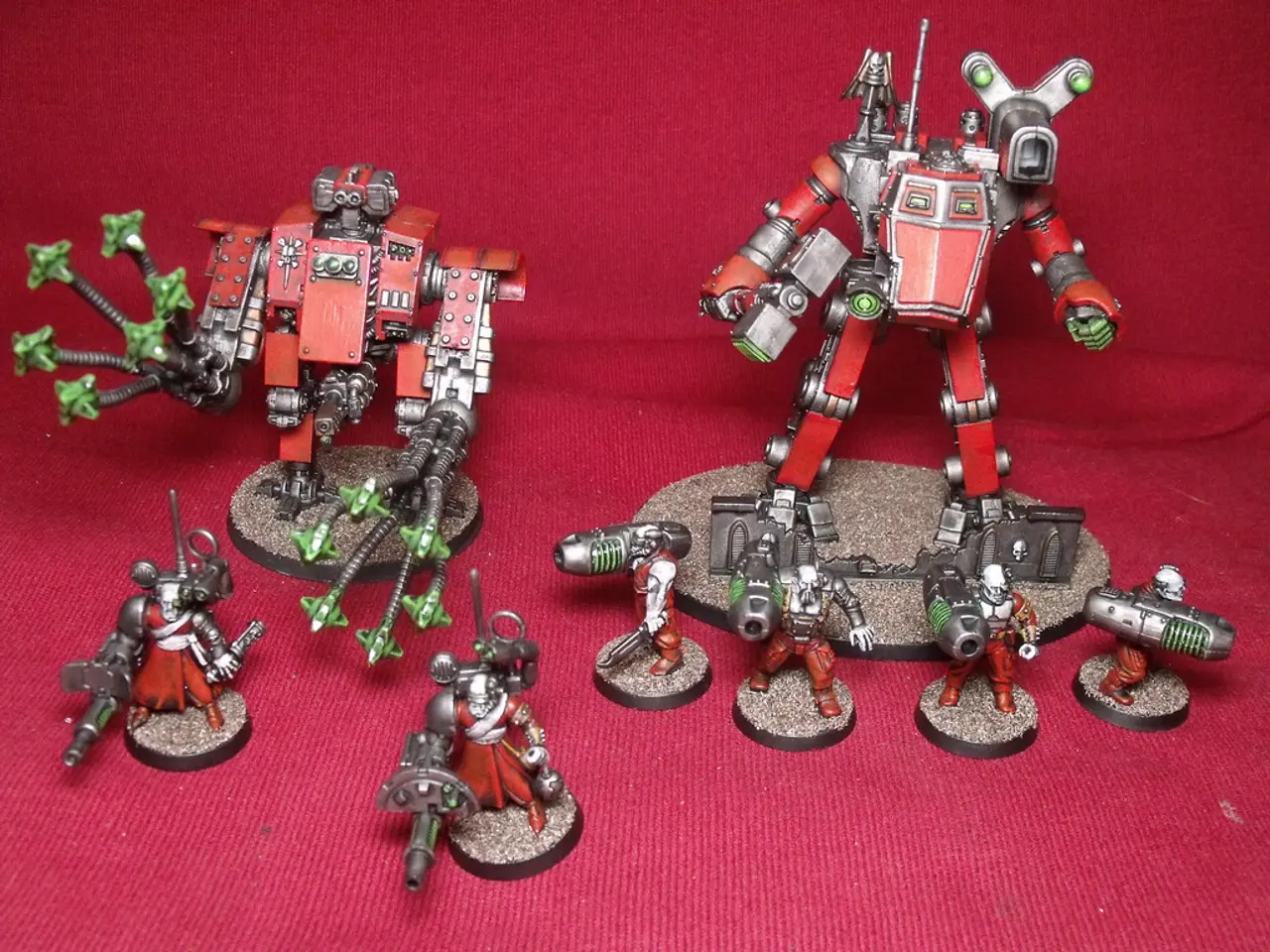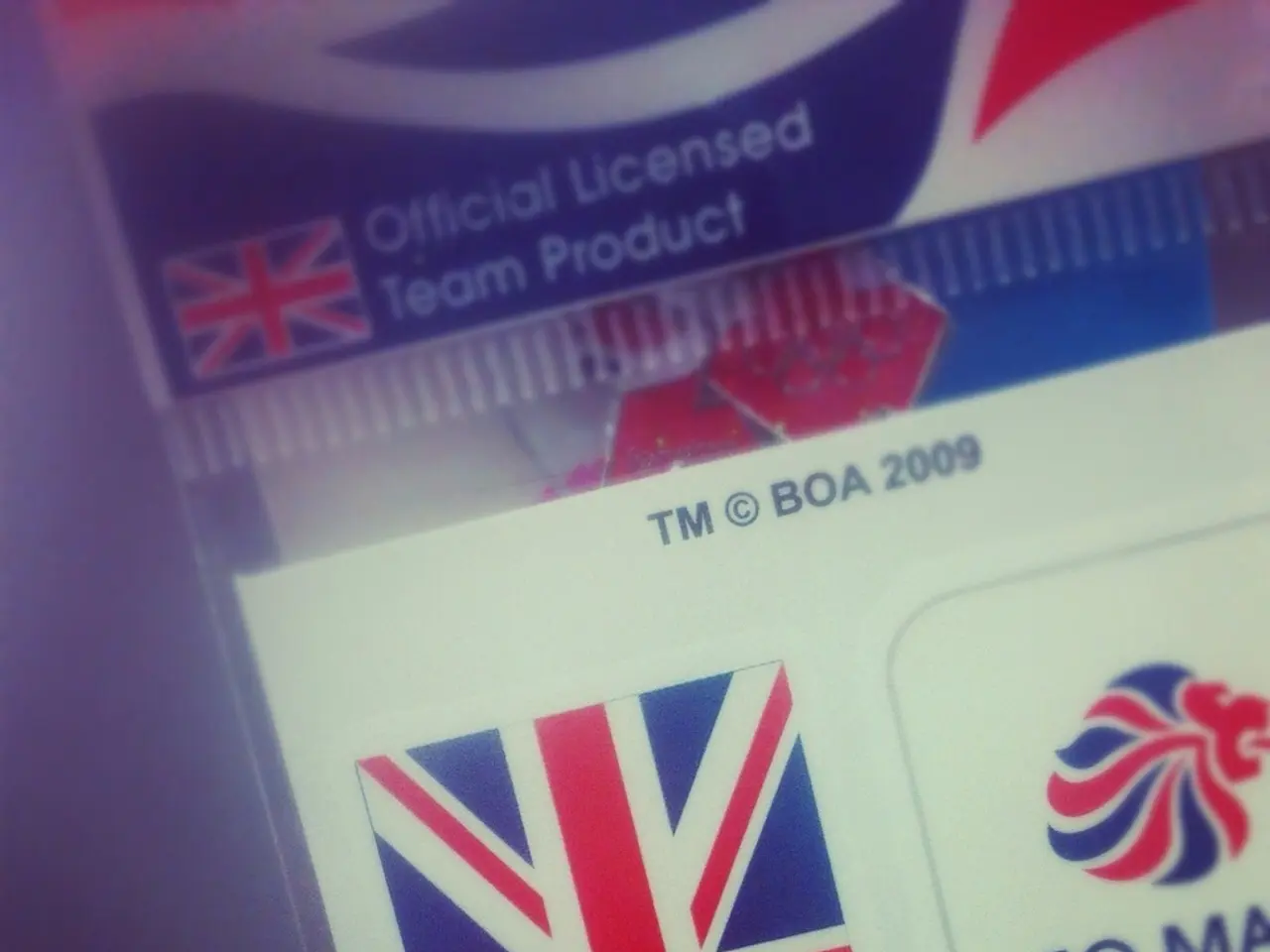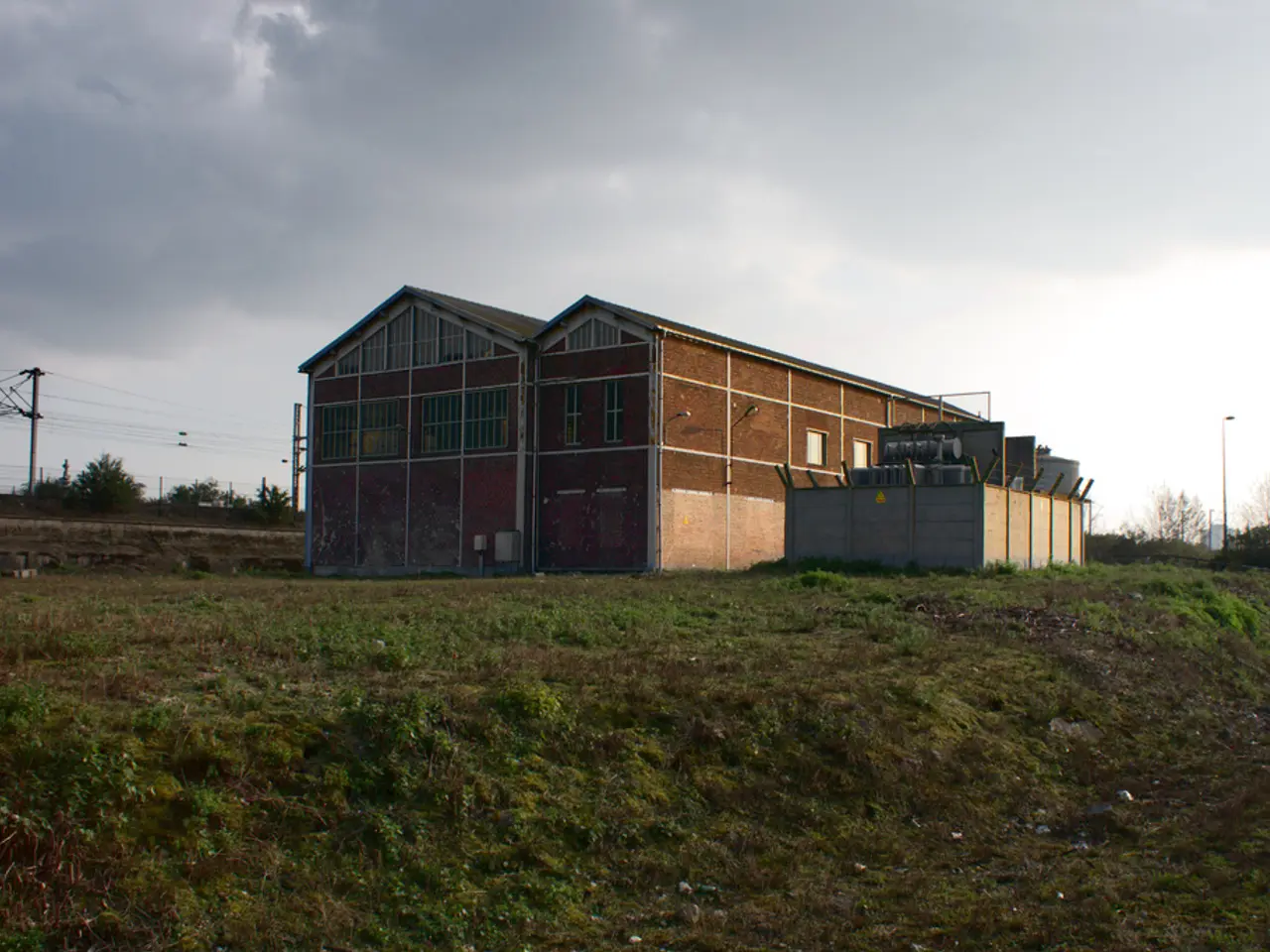Nuclear debris transit to Ahaus gains solidity
A series of planned nuclear waste transports from Jülich to the interim storage facility in Ahaus, North Rhine-Westphalia, has sparked significant political debate and opposition. The transports, which could potentially start from the fourth quarter of this year, involve 152 individual Castor transports from Jülich and two additional transports from the research reactor FRM II in Garching near Munich.
The Federal Office for Nuclear Waste Disposal (BASE) in Berlin has announced plans for these transports to the interim storage facility in Ahaus. However, the decision on the permits is not solely in BASE's hands; state authorities must also grant approval once all regulations are met.
The upcoming nuclear waste transports have been met with strong opposition from various quarters, including parties like the Left and the Greens, anti-nuclear initiatives, and local groups such as the Jülich action alliance "Stop Westcastor". They argue that the nuclear waste was produced in Jülich and should remain stored there safely until a permanent repository for high-level radioactive waste is available in the future. They call for the construction of a new interim storage facility on site rather than risky road transports across North Rhine-Westphalia.
Concerns focus on the risks of transporting highly radioactive material multiple times over potentially deteriorating highways. The storage license for Ahaus will expire in a few years, emphasizing the lack of any permanent disposal solution in Germany. Despite a December 2024 court ruling affirming the legality of storing Jülich's nuclear waste in Ahaus, anti-nuclear groups continue to protest these shipments and demand political solutions prioritizing transparency, safety, and long-term storage at the current sites.
The Left in NRW has submitted a motion to the Bundestag demanding that the federal government ensure the responsibility for the long-term storage and preparation of nuclear waste for final disposal remains with the originators in Jülich. The Left's nuclear policy spokesman in NRW, Hubertus Zdebel, has expressed concern about the impending atomic transports.
Sofa Münster, an anti-nuclear initiative in Münster, demands targeted talks from the black-green NRW state government and the SPD-led Federal Ministry of the Environment to prevent the nuclear waste transports. The Left believes that these transports contradict the coalition agreement of CDU and Greens in NRW for the years 2022 to 2027.
Despite the political controversy, Green NRW's Minister of Economics, Mona Neubaur, remains tight-lipped on the matter. The federal government and the state of North Rhine-Westphalia are engaged in a notable political pause and increased dialogue regarding these transports, with the Federal Environment Ministry intending to be involved in the decision-making process to avoid unilateral approvals by BASE.
The Castor train, a subject of growing protests in North Rhine-Westphalia, is set to traverse the state's highways if the planned transports are approved. Next Wednesday, the topic will be discussed in the economic committee of the state parliament, although not publicly. The Left and other opposition groups are pushing for safer, local storage solutions and a halt to risky transports across North Rhine-Westphalia.
- In the midst of this political debate, environmental-science activists have voiced concerns about the industry's role in climate-change, questioning the necessity of energy-intensive nuclear waste transports.
- Some financial experts argue that investing in renewable energy and improving local storage facilities for nuclear waste could be more beneficial for both the environment and the economy in the long run.
- Scientists contend that a comprehensive approach to dealing with waste produced by environmental-science industries should prioritize safety, transparency, and long-term solutions, considering the implications for future generations and the health of our planet.




